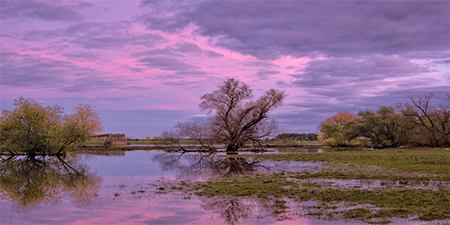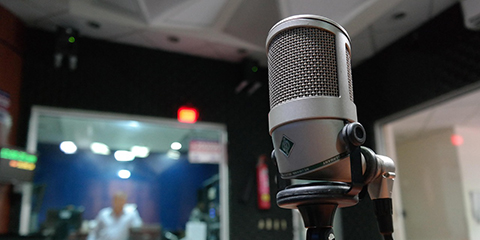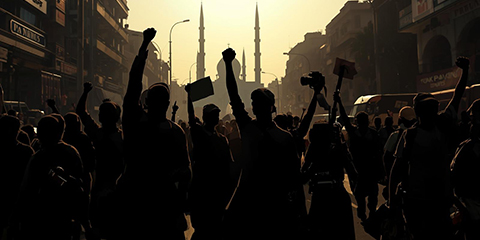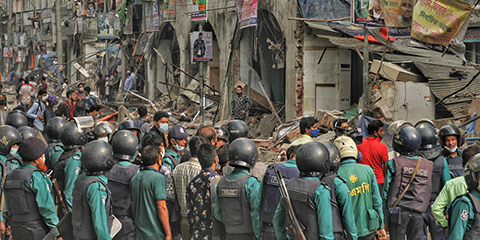No widespread climate misinformation in Pakistani media: study
JournalismPakistan.com | Published 4 years ago
Join our WhatsApp channel
ISLAMABAD—There is no widespread climate misinformation disseminated in Pakistani media, according to a research study published in a UK-based journal, Journalism Practice.
It emphasized that various stakeholders in Pakistan significantly influence news stories related to climate change and environmental issues.
The study ‘Understanding Influences, Misinformation, and Fact-Checking Concerning Climate Change Journalism in Pakistan’, was based on the interviews of 21 Pakistani journalists reporting on environmental issues. Climate journalists are few in numbers and lack representation in different national journalistic bodies and formal organizational structures.
The research study, conducted by a team of Pakistan environmental communication experts including Dr. Waqas Ejaz, Dr. Muhammad Arif, and Muhammad Ittefaq from Mass Communication Department, NUST, noted that most journalists in Pakistan prefer covering environmental stories on their own.
Speaking on the barriers to climate change reporting, all journalists acknowledged that coverage of climate change was more important than ever, but unfortunately, resources dedicated to this reporting were limited.
“Today, in the era of 5th generation warfare, there is a dire need for Pakistani media outlets to focus on fact-checking,” said Sabah Uddin Qazi, a media researcher and editor Press Network of Pakistan. He recently founded PNP FactCheck to debunk hoaxes and fake news about Pakistan. According to him, various kinds of misinformation, false memes, and conspiracy theories are common on nearly every social media platform. “It is a collective responsibility of every good citizen to identify and debunk fake news,” he stated.
The problem is that “every single time we’ve covered the climate change issue, it’s been a palpable rating killer. So the incentives [for such a boring subject] are not great,” stated Adeel Javed Warraich, a reporter working for a private channel.
Similarly, Sabookh Syed, a broadcast reporter, suggested that the climate journalists and their media organizations need to adapt to digital-media-led new affordances of communication and keep abreast of new tools that can help them publish credible and authentic stories.
To address climate change, scholars concluded that climate journalists and their respective media organizations need to work in tandem to establish agreed-upon editorial conventions and structures for climate journalism that ensure a positive and productive environment for both environmental journalists and their stories. The researchers further found that climate journalists in Pakistan are not keen on integrating any tool in their routine whose usage is not incentivized.

























